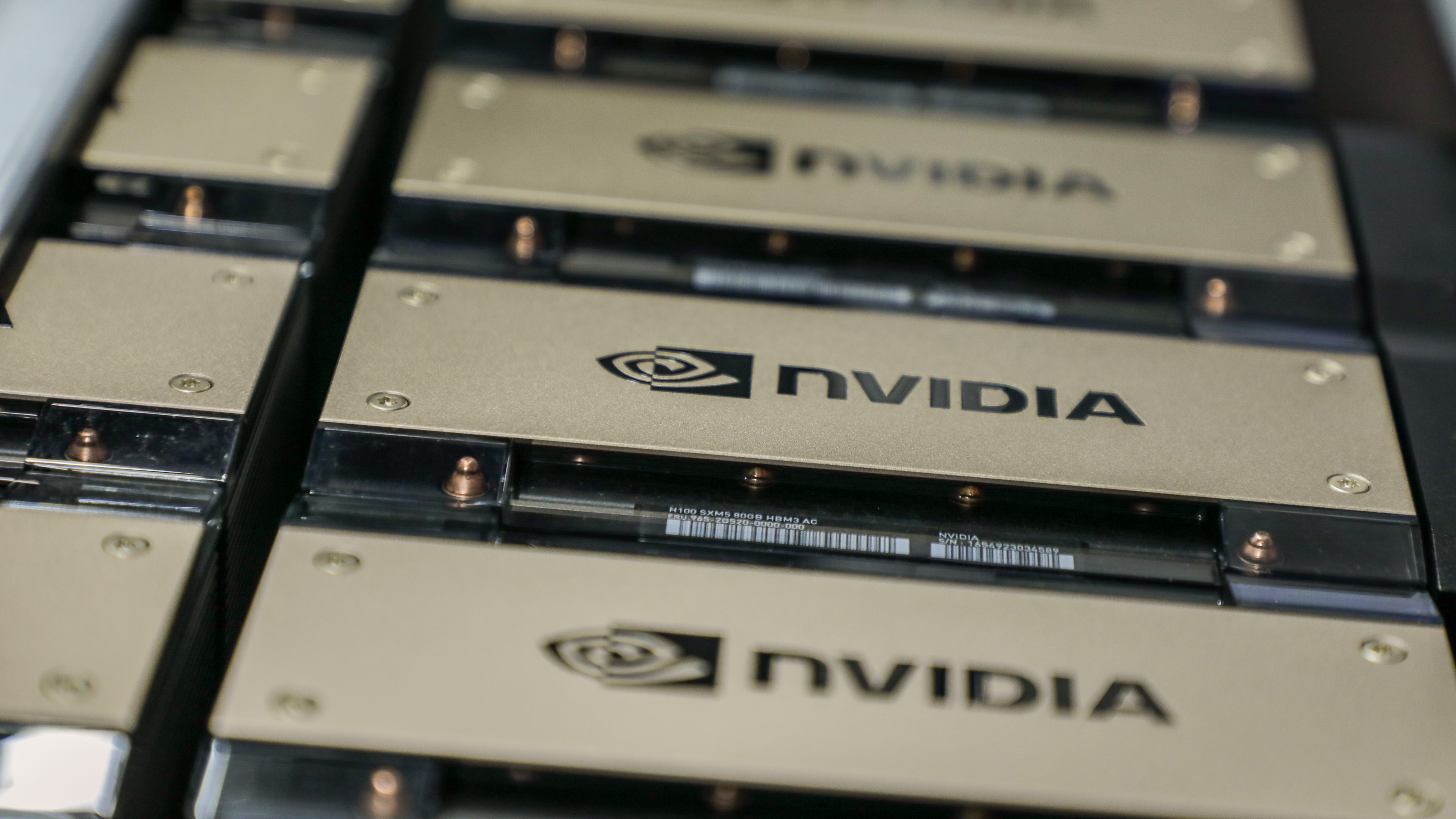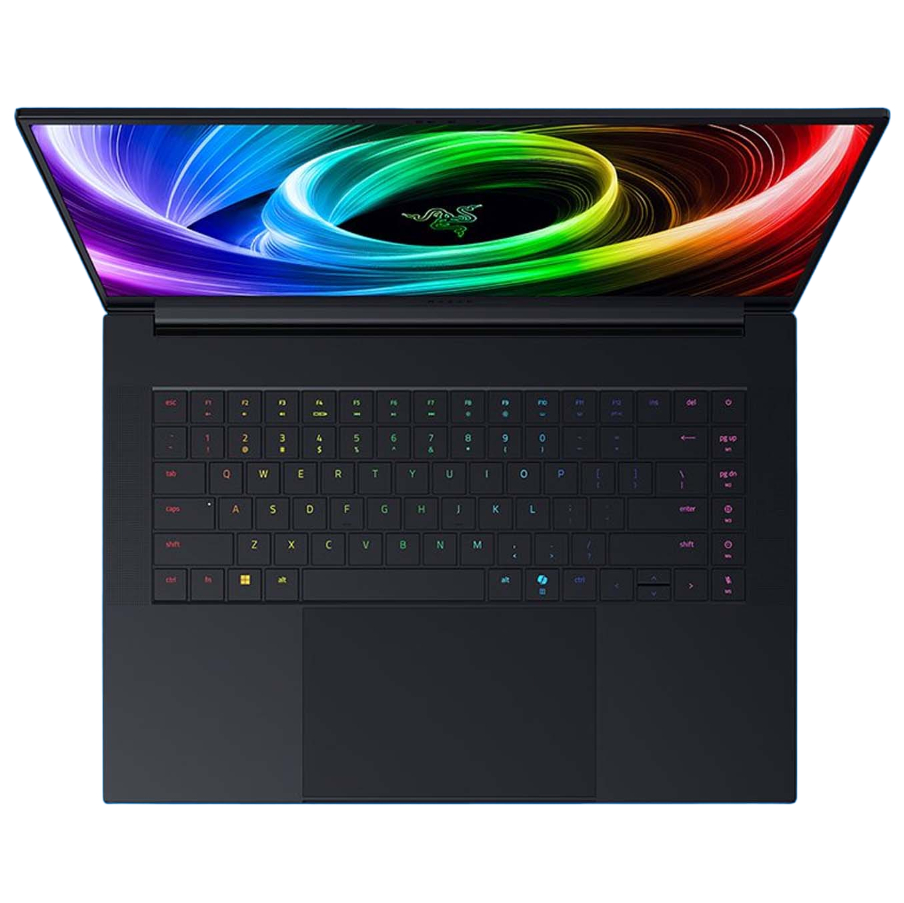Startups are using Nvidia's AI GPUs as collateral to secure loans of up to $10 billion from financial institutions
Even the banks are taking notice of the value of this silicon.

Keep up to date with the most important stories and the best deals, as picked by the PC Gamer team.
You are now subscribed
Your newsletter sign-up was successful
Want to add more newsletters?

Every Friday
GamesRadar+
Your weekly update on everything you could ever want to know about the games you already love, games we know you're going to love in the near future, and tales from the communities that surround them.

Every Thursday
GTA 6 O'clock
Our special GTA 6 newsletter, with breaking news, insider info, and rumor analysis from the award-winning GTA 6 O'clock experts.

Every Friday
Knowledge
From the creators of Edge: A weekly videogame industry newsletter with analysis from expert writers, guidance from professionals, and insight into what's on the horizon.

Every Thursday
The Setup
Hardware nerds unite, sign up to our free tech newsletter for a weekly digest of the hottest new tech, the latest gadgets on the test bench, and much more.

Every Wednesday
Switch 2 Spotlight
Sign up to our new Switch 2 newsletter, where we bring you the latest talking points on Nintendo's new console each week, bring you up to date on the news, and recommend what games to play.

Every Saturday
The Watchlist
Subscribe for a weekly digest of the movie and TV news that matters, direct to your inbox. From first-look trailers, interviews, reviews and explainers, we've got you covered.

Once a month
SFX
Get sneak previews, exclusive competitions and details of special events each month!
If you've ever claimed your hot new piece of gaming hardware was an investment, then this story is for you. Companies are using Nvidia's AI GPUs as collateral in deals with banks to borrow billions of dollars to further their businesses. This means even financial institutions are willing to recognise the potential value of these cards, which must be doing wonders for Nvidia's stock.
Fluidstack is a cloud startup company based in London that's just managed to score over $10 billion in funding according to a report by The Information (via WCCFtech). The company was able to leveridge its currently held supply of Nvidia AI GPUs to secure the loan from multiple financers including Macquarie.
This model of putting cards up for collateral Fluidstack is using isn't unique. CoreWeave, a cloud AI service which just received a massive influx of high-powered Nvidia AI Blackwell Ultra racks, was one of the pioneers of this loan structure. It was able to secure up to $9.9 billion dollars by putting its Nvidia H100 AI GPUs against the loan. Supposedly it used some of that cash to secure this new shipment of hardware, which points at a weird cyclical loan arrangement.
Buy some cards, get a loan against them, buy more. Repeat. Profit?
Given how fast this tech depreciates, it seems surprising financial institutions are willing to put loans against them. There are even rumours the collateral chips are held under lock and key, so they aren't even creating value through use. Still, if they're able to secure such wads of cash in loans maybe Nvidia's AI GPUs are worth even more locked away in a drawer then they are doing actual work.
This also raises questions around what happens to these GPUs down the line. If the startups using these loans fall through its presumed they'll be sold to recap any losses for the loaning parties. And will these banks do this before they lose value and are superseded by the next piece of kit. Given the high prices of these loans there has to be a hefty amount of units backing this. One failed startup could lead to a weird market flooded with high-end AI cards.
It all seems like a risky venture, but if banks are willing to put this much money down there must be significant confidence in the value of these cards. Hopefully all this profit for Nvidia will lead to more gaming cards at reasonable prices, you know other than the RTX 5060 TI 8GB appearing. A girl can dream.
Keep up to date with the most important stories and the best deals, as picked by the PC Gamer team.

1. Best overall:
Razer Blade 16 (2025)
2. Best budget:
Gigabyte G6X
3. Best 14-inch:
Razer Blade 14 (2025)
4. Best mid-range:
MSI Vector 16 HX AI
5. Best high-performance:
Lenovo Legion Pro 7i Gen 10
6. Best 17-inch:
Gigabyte Aorus 17X

Hope’s been writing about games for about a decade, starting out way back when on the Australian Nintendo fan site Vooks.net. Since then, she’s talked far too much about games and tech for publications such as Techlife, Byteside, IGN, and GameSpot. Of course there’s also here at PC Gamer, where she gets to indulge her inner hardware nerd with news and reviews. You can usually find Hope fawning over some art, tech, or likely a wonderful combination of them both and where relevant she’ll share them with you here. When she’s not writing about the amazing creations of others, she’s working on what she hopes will one day be her own. You can find her fictional chill out ambient far future sci-fi radio show/album/listening experience podcast right here.
No, she’s not kidding.
You must confirm your public display name before commenting
Please logout and then login again, you will then be prompted to enter your display name.

